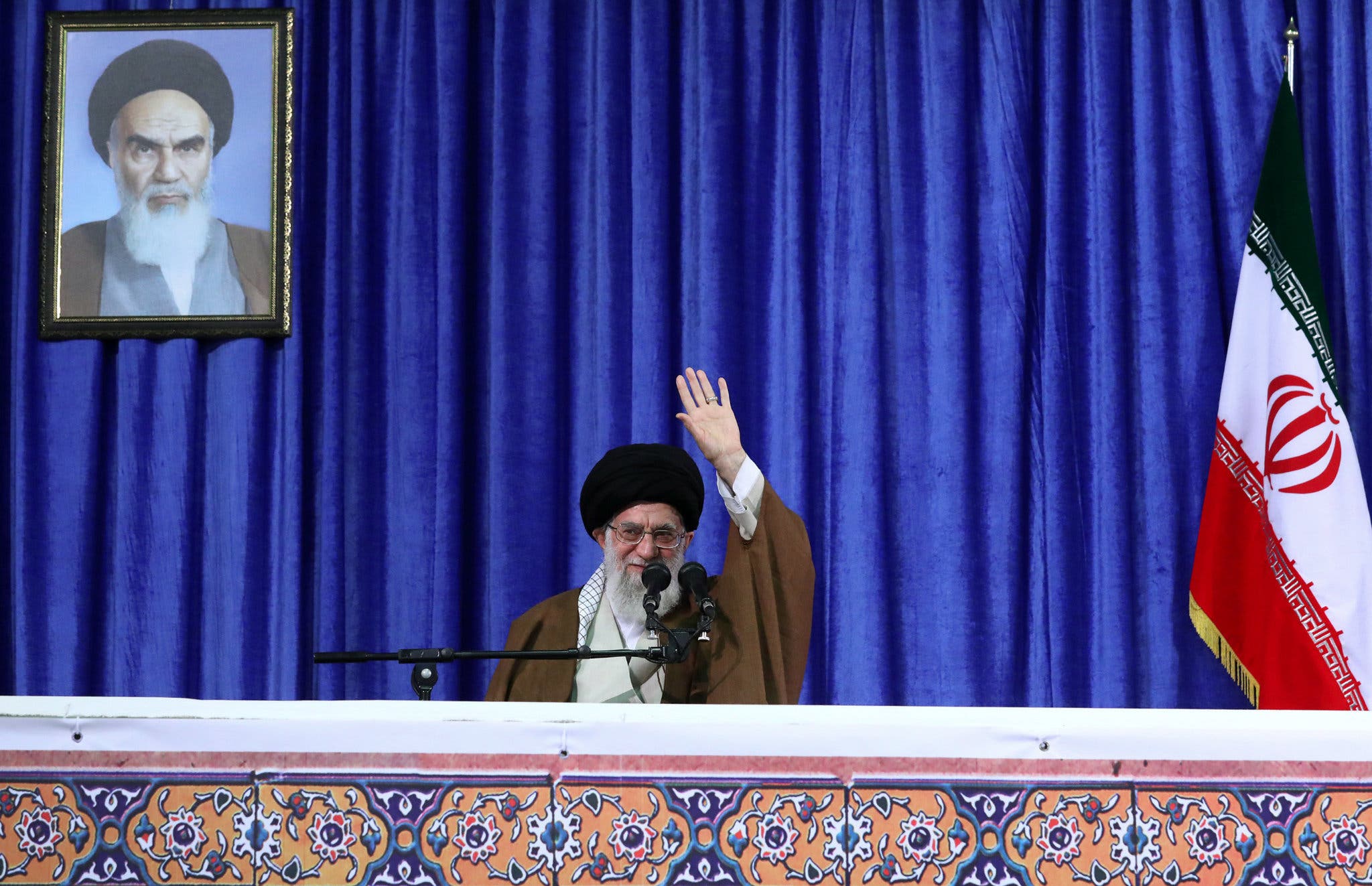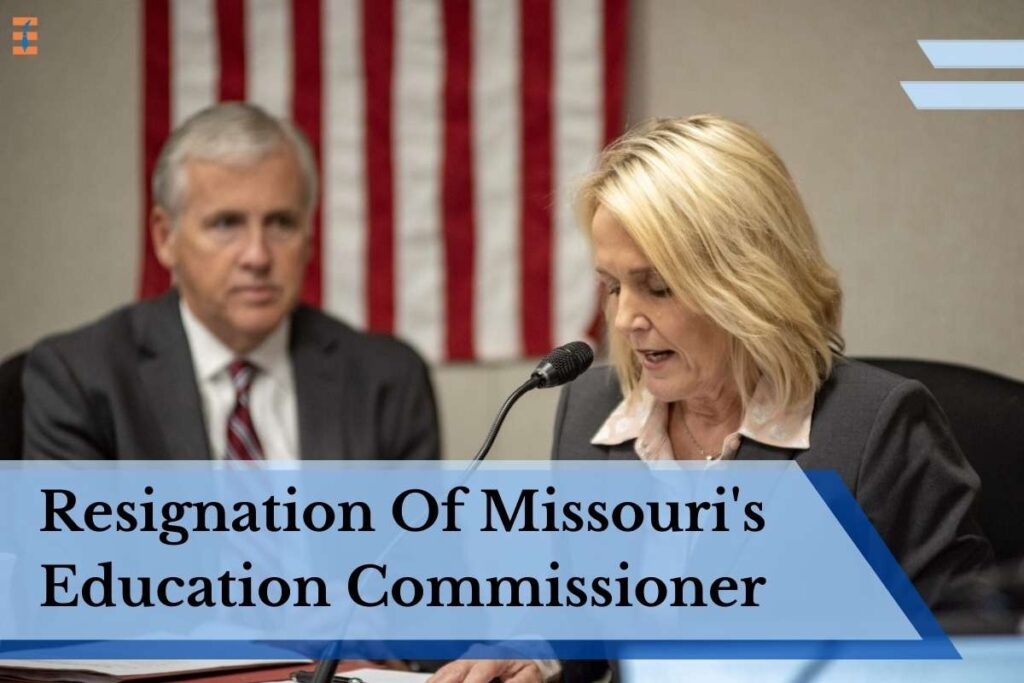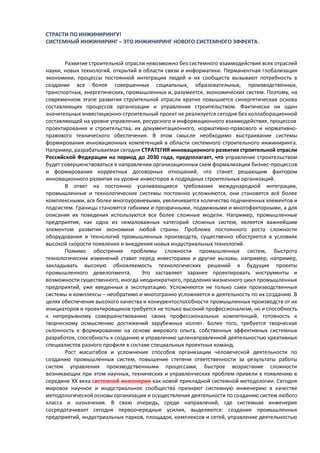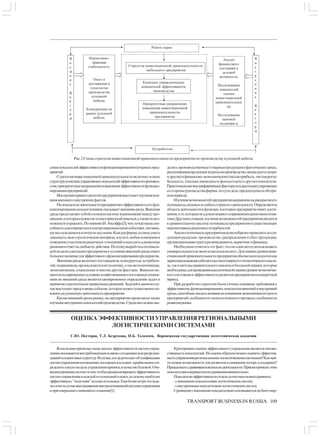Trump's Foreign Policy And His Interactions With Arab Leaders

Table of Contents
The "Deal of the Century" and its Impact on Arab-Israeli Relations
The "Deal of the Century," a proposed peace plan between Israel and the Palestinians, was a central element of Trump's Middle East policy. Its core tenets included significant territorial concessions from Palestine in exchange for economic incentives and enhanced security guarantees. However, the plan's reception amongst Arab leaders was deeply divided. While some, primarily those prioritizing their relationship with the US, offered measured support, others strongly opposed it.
- Support: Nations like Saudi Arabia and the UAE, motivated by shared concerns about Iran and a desire for closer ties with Israel, expressed cautious optimism, emphasizing the need for a negotiated solution. Their support signaled a potential shift in regional dynamics, albeit one met with skepticism by many.
- Opposition: The Palestinian Authority, along with other key Arab nations such as Jordan, vehemently rejected the "Deal of the Century," deeming it biased towards Israel and insufficient in addressing Palestinian demands for statehood and self-determination. Their opposition highlighted the enduring complexities of the Israeli-Palestinian conflict and the limitations of a top-down approach to peacemaking.
- Long-term implications: The plan's long-term impact remains uncertain. Its failure to gain widespread acceptance suggests that lasting peace in the region requires broader consensus and a more inclusive approach. Its legacy reflects the challenges inherent in mediating disputes between deeply entrenched factions.
Shifting Alliances and Strategic Partnerships in the Middle East
Trump's presidency witnessed a significant reshuffling of alliances in the Middle East. His administration emphasized transactional relationships, prioritizing short-term gains over long-standing alliances. This approach impacted relationships with key Arab states differently.
- Strengthened Ties: Relationships with Saudi Arabia and the UAE, particularly concerning military cooperation and arms sales, were significantly strengthened, reflecting mutual strategic interests related to counterterrorism and containing Iranian influence. The increase in arms sales fueled debates concerning regional security and potential escalation of conflicts.
- Strained Relationships: Conversely, relations with Qatar were strained, due to differing perspectives on regional stability and support for certain groups. This demonstrated a willingness to prioritize certain partnerships over others based on perceived immediate benefits. Economic relations also fluctuated according to strategic needs.
- Regional Power Dynamics: These shifting alliances dramatically altered the regional power dynamics. The strengthening of ties with Saudi Arabia and the UAE, while simultaneously straining relationships with Qatar, reflected a deliberate attempt to reshape the regional balance of power, primarily in response to Iran's actions.
Trump's Approach to the Iran Nuclear Deal and its Consequences for Arab Allies
Trump's withdrawal from the Iran nuclear deal in 2018 sent shockwaves throughout the Middle East. Arab leaders reacted differently, depending on their individual relationships with both the US and Iran.
- Arab Concerns: Many Arab nations, concerned about Iran's nuclear ambitions and regional influence, initially expressed cautious approval of the withdrawal, believing it would curb Iran's expansionist policies. These concerns were primarily focused on Iran's support for regional proxy groups and its ballistic missile program.
- Increased Tensions: However, the withdrawal also raised fears of increased regional tensions and potential conflict, highlighting a risk of unintended consequences from an aggressive stance toward Iran. This created a complex situation where Arab nations had to balance their support for the US with concerns about escalation and regional stability.
- Shifting Alliances: The aftermath of the withdrawal led to further realignment of alliances, further solidifying some partnerships and creating new tensions. This further complicated the already fragile security situation in the region.
Counter-Terrorism Strategies and Cooperation with Arab Nations
Trump's counter-terrorism strategy in the Middle East involved a complex interplay of military interventions, intelligence sharing, and collaboration with Arab partners.
- Military Interventions: Military interventions, while aiming to degrade terrorist organizations, often faced criticism for their unintended consequences, including civilian casualties and the exacerbation of existing conflicts. This underscored the complexities of military responses to terrorism, frequently impacting relations with local populations.
- Intelligence Sharing: Intelligence sharing and collaboration with Arab partners, while vital for counter-terrorism efforts, also faced challenges related to information security and differing priorities. This highlighted the sensitive nature of such cooperation and the necessity for trust-building measures.
- Effectiveness: Assessing the effectiveness of these strategies is challenging. While some successes in degrading terrorist organizations were achieved, the region continues to face complex security challenges, indicating the ongoing need for a comprehensive and nuanced approach.
Conclusion: Assessing Trump's Legacy on Arab-American Relations
Trump's foreign policy towards Arab nations was characterized by a transactional approach, prioritizing short-term gains over long-term alliances. While his administration strengthened ties with certain key players, such as Saudi Arabia and the UAE, it also strained relationships with others, including Qatar. The "Deal of the Century" and the withdrawal from the Iran nuclear deal fundamentally reshaped the regional landscape, leaving a lasting impact on the balance of power and the dynamics between Arab nations and the United States. His legacy concerning "Trump's foreign policy and his interactions with Arab leaders" will be debated for years to come. To better understand the complexities and consequences of his policies, we encourage you to further research this topic, consulting resources such as academic journals, reputable news organizations, and policy reports from think tanks specializing in Middle Eastern affairs. Understanding "Trump's foreign policy and his interactions with Arab leaders" is crucial for navigating the ongoing challenges facing this pivotal region.

Featured Posts
-
 Missouri State Board Of Education Welcomes Former Springfield Councilman
May 17, 2025
Missouri State Board Of Education Welcomes Former Springfield Councilman
May 17, 2025 -
 Angel Reese Jersey Where To Buy During Wnba Opening Weekend
May 17, 2025
Angel Reese Jersey Where To Buy During Wnba Opening Weekend
May 17, 2025 -
 Mariners Vs Athletics Injury Report March 27 30
May 17, 2025
Mariners Vs Athletics Injury Report March 27 30
May 17, 2025 -
 Severance Season 3 Release Date And Confirmation
May 17, 2025
Severance Season 3 Release Date And Confirmation
May 17, 2025 -
 Did Kevin Durant Just Confirm Dating Angel Reese Pre Game Comment Sparks Debate
May 17, 2025
Did Kevin Durant Just Confirm Dating Angel Reese Pre Game Comment Sparks Debate
May 17, 2025
Latest Posts
-
 Srbi U Inostranstvu Investiranje U Nekretnine I Popularna Podrucja
May 17, 2025
Srbi U Inostranstvu Investiranje U Nekretnine I Popularna Podrucja
May 17, 2025 -
 Razvitie Biznesa V Usloviyakh Vysokoy Konkurentsii Industrialnykh Parkov Rukovodstvo
May 17, 2025
Razvitie Biznesa V Usloviyakh Vysokoy Konkurentsii Industrialnykh Parkov Rukovodstvo
May 17, 2025 -
 Srbi Kupuju Stanove Preko Granice Popularne Lokacije I Trendovi
May 17, 2025
Srbi Kupuju Stanove Preko Granice Popularne Lokacije I Trendovi
May 17, 2025 -
 Analiz Rynka I Strategii Dlya Industrialnykh Parkov S Vysokoy Plotnostyu Predpriyatiy
May 17, 2025
Analiz Rynka I Strategii Dlya Industrialnykh Parkov S Vysokoy Plotnostyu Predpriyatiy
May 17, 2025 -
 Kak Vyzhit I Protsvetat V Usloviyakh Vysokoy Konkurentsii Industrialnykh Parkov
May 17, 2025
Kak Vyzhit I Protsvetat V Usloviyakh Vysokoy Konkurentsii Industrialnykh Parkov
May 17, 2025
